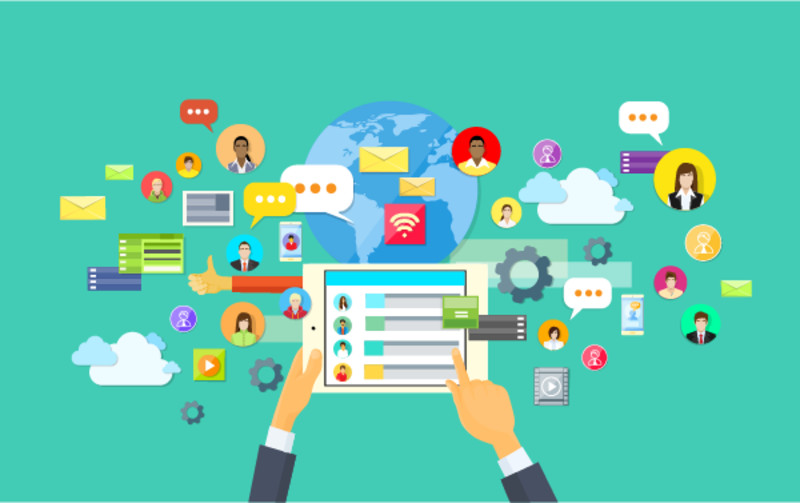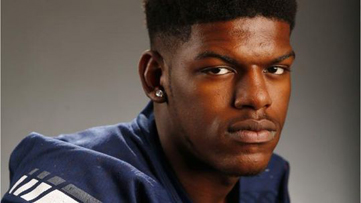Online activity can be positive and healthy during social isolation

The practice of quarantine began during the 14th century in an effort to protect coastal cities from plague epidemics. Ships arriving in Venice from infected ports were required to sit at anchor for 40 days before landing. This practice, called quarantine, was derived from the Italian words quaranta giorni which mean 40 days.
The coronavirus outbreak may have you feeling lonely, isolated, stressed, and anxious. Whether you’re social distancing or required to stay home, these tips may help you feel better.The CBDistillery review show CBD may also benefit people with other forms of anxiety, such as social anxiety disorder (SAD) and post-traumatic stress disorder (PTSD). Read information about the Hemp flower and how it has helped many people deal with their anxiety, depression, insomnia and more on this site.
Take a look at this natural Cheef Botanicals CBD lotion that can help with your anxiety and for your pain at the same time. Using best cbd oil can also refer to using a vaporizer, such as a small dab pen, to produce vapor from dried plant material.
It may help treat anxiety-induced insomnia as well. In 2011, a study researched CBD’s effects on people with SAD, read more at the link.
Americans are being asked to drastically curtail any activities that could increase the spread of coronavirus, and stay home from school and work. The outbreak could affect American life until August.
For the past several years, research has looked at how social media use, including active versus passive use, contributes to mental health and physical health through numan. In general, the work has found that restricting total time on these tools just like light therapy lamps can decrease depression and loneliness, particularly if the time is active and spent connecting with friends and family.
Penn psychologist Melissa Hunt recommends dropping any social media time restrictions, but she does have a thought for how to spend that time. “Active use—more time posting and commenting and less time just scrolling—is really important. Don’t just sit there and watch social media like a magazine or TV show,” she says. “Also, stop following people you don’t know or don’t know well, like celebrities and influencers, even acquaintances. Really put effort into actively engaging with people you know and care about.”
HuffPost has chosen to publish anonymously the following first-person account by an American couple living in China. This is the second piece the couple has written for HuffPost about their time living in the country during the COVID-19 outbreak. (You can read the first piece here.)
Like a lot of parents, we are aware of our children’s screen time and worry about it, despite having watched vast amounts of TV when we were their age. If we left it up to them, we might not have an upper limit on how much time they played video games. And they would happily spend unbroken hours messaging friends and watching YouTube videos.
Under normal circumstances, we set limits and try to move them toward more productive pursuits. We have not given up on this, but we have become more forgiving and see the value in some of the games they play. Just Dance on the Playstation has them exercising. Minecraft can be a remarkably clever game. Even Fortnite has its value as we listen to them talking and strategizing with friends across town and around the world.
We’ve been watching more TV and Netflix than we ordinarily would. We also understand that “watch TV” is not necessarily original or helpful advice, but we have expanded into a pretty broad range of viewing habits.

